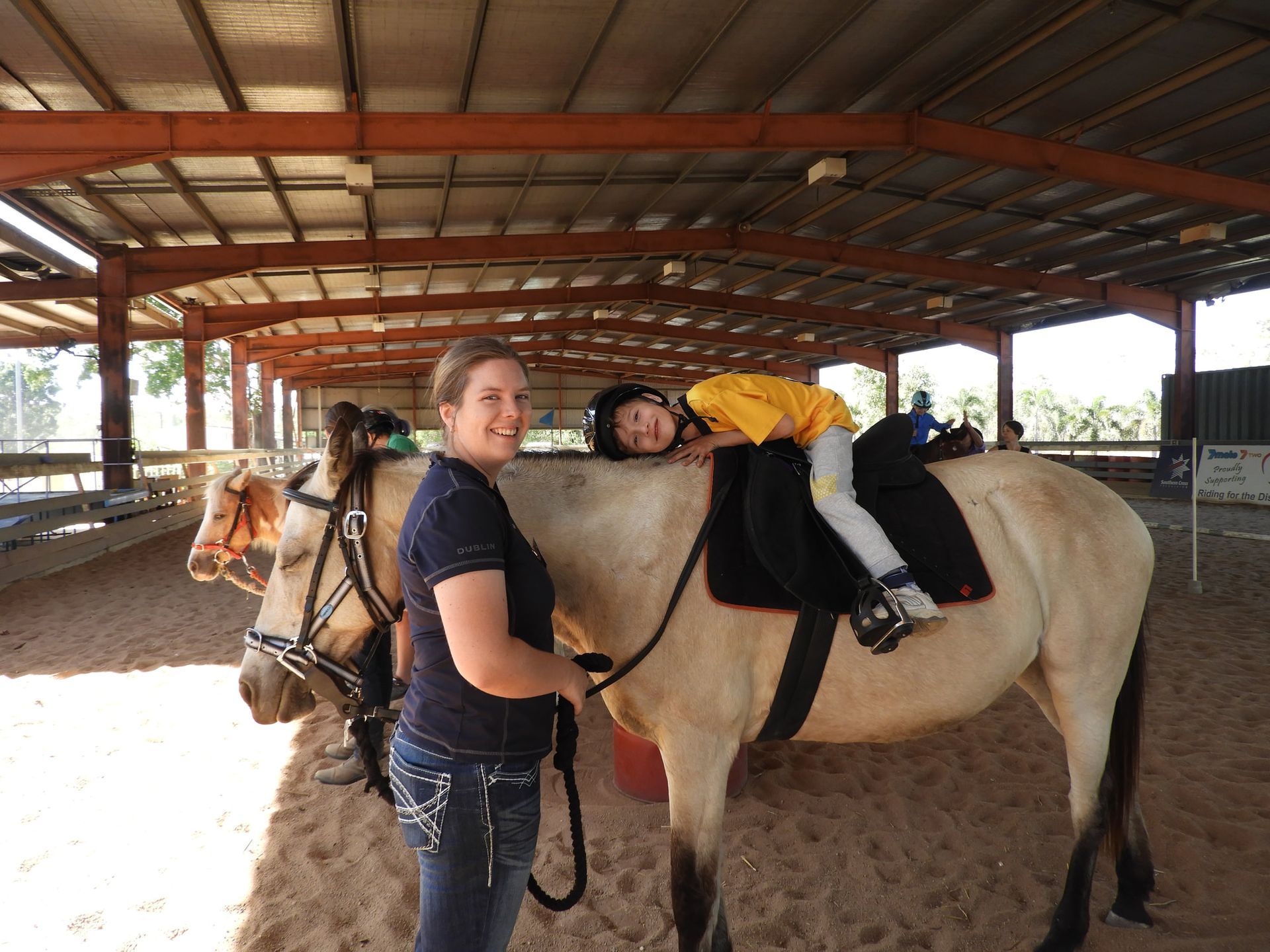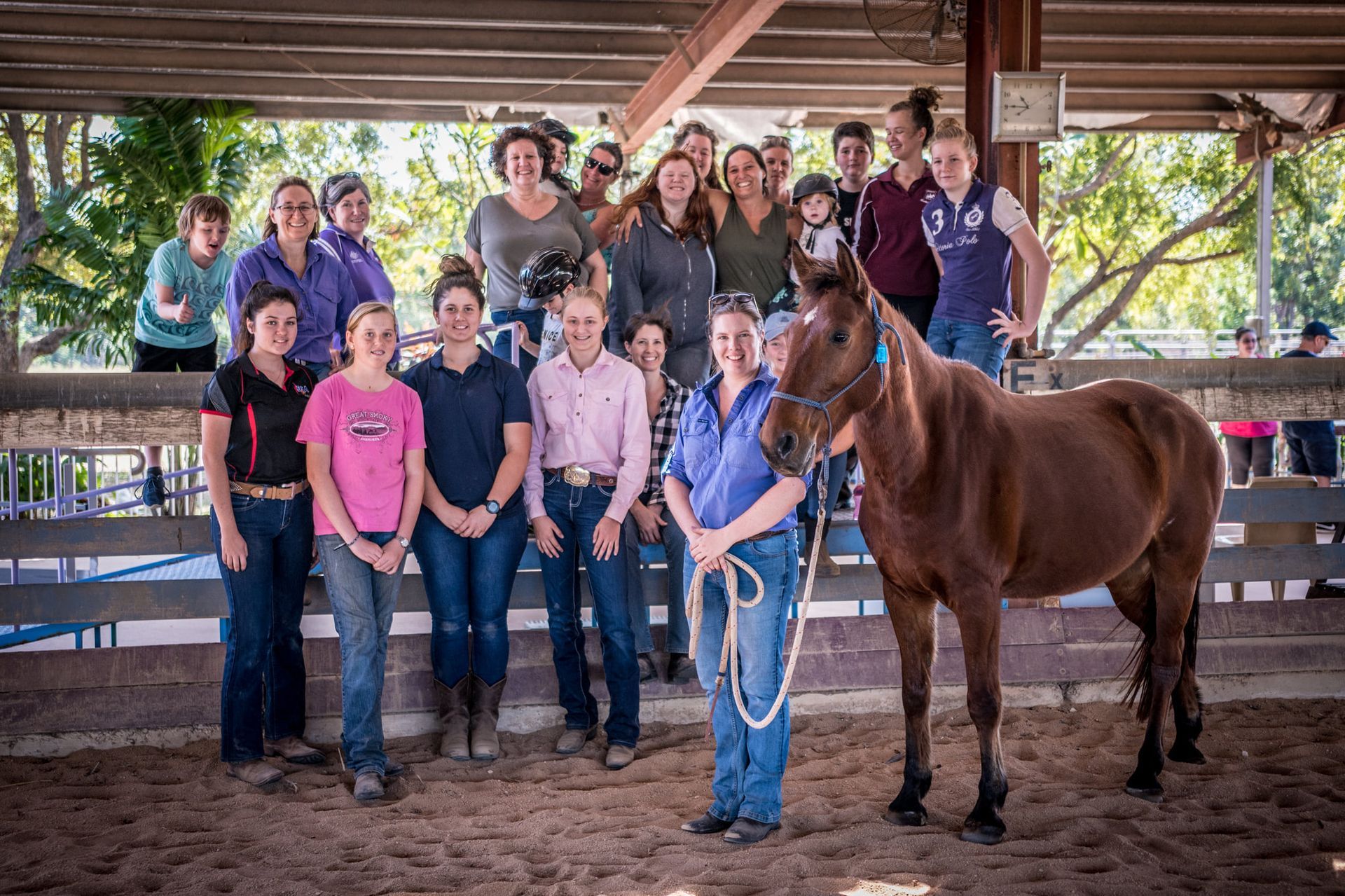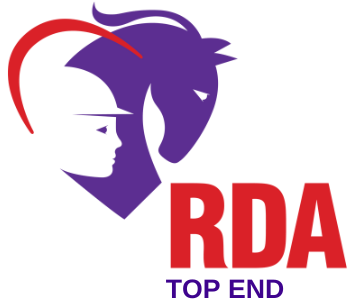Horse Sponsorships
Support the incredible horses who help change lives every day.


RDA Top End Horses
Riding for the Disabled (RDA) Top End delivers equine-assisted programs that improve the lives of individuals with disabilities and offer rewarding volunteer experiences.
At the heart of our programs are our horses—more than just animals, they are trusted companions, teachers, and healers.
Our herd of eight exceptional horses provides physical, emotional, and social benefits to our riders and volunteers. Each horse plays a critical role in helping participants develop confidence, improve mobility, and build lasting connections.
These animals embody the spirit of RDA Top End and help shape a community built on empathy, empowerment, and inclusion.
Help Us Help Others
Become a Horse Sponsor – $6,600 (Inc. GST)
Your sponsorship directly supports the basic care of one of our horses for a full year, including feed, hay, farrier services, and essential upkeep.
As a Sponsor, You Will Receive:
Your company logo on:
- A branded horse blanket
- The horse’s stall
Two shout-outs on our social media platforms
A tag every time your horse is featured on social media
Acknowledgement on the RDA Top End website and in our Annual Report
A photo opportunity with your sponsored horse and our team
A Certificate of Thanks to proudly display your support
Horses Seeking Sponsorship
Cloudy
Want to Sponsor a Horse?
We’d love to chat. Reach out today to learn more about how you or your organisation can make a lasting difference.
